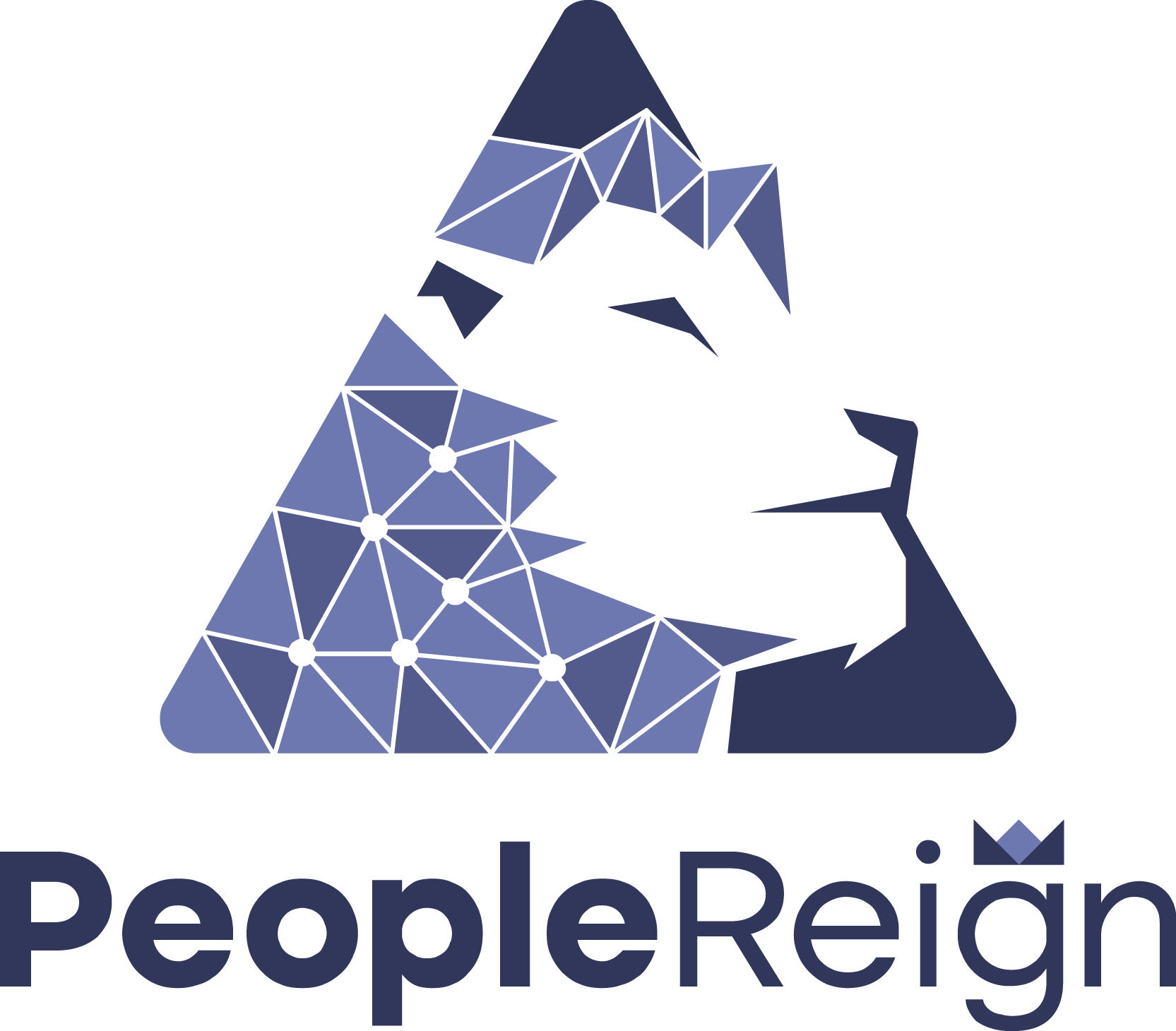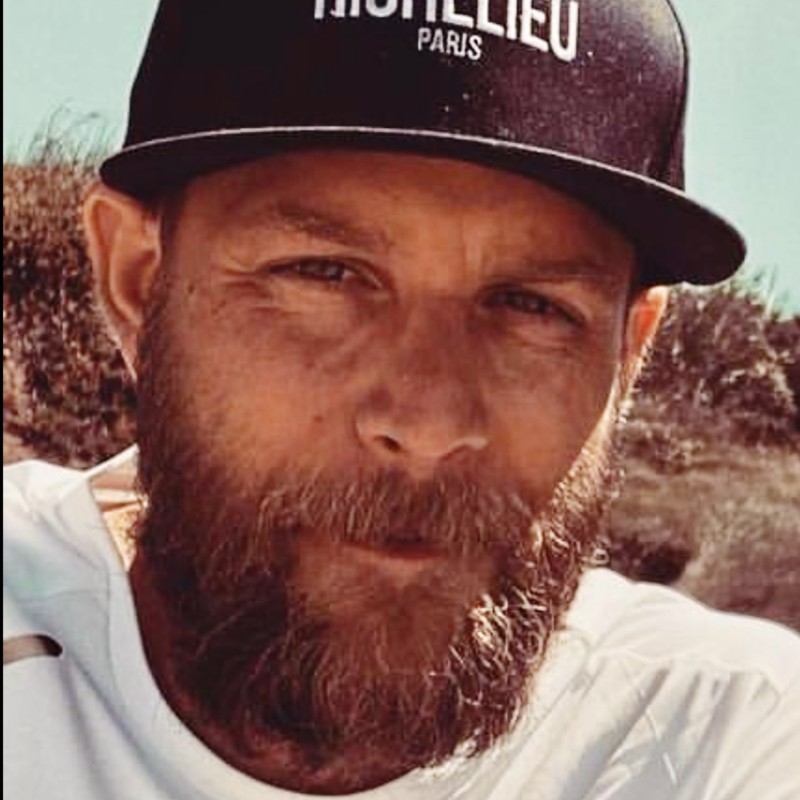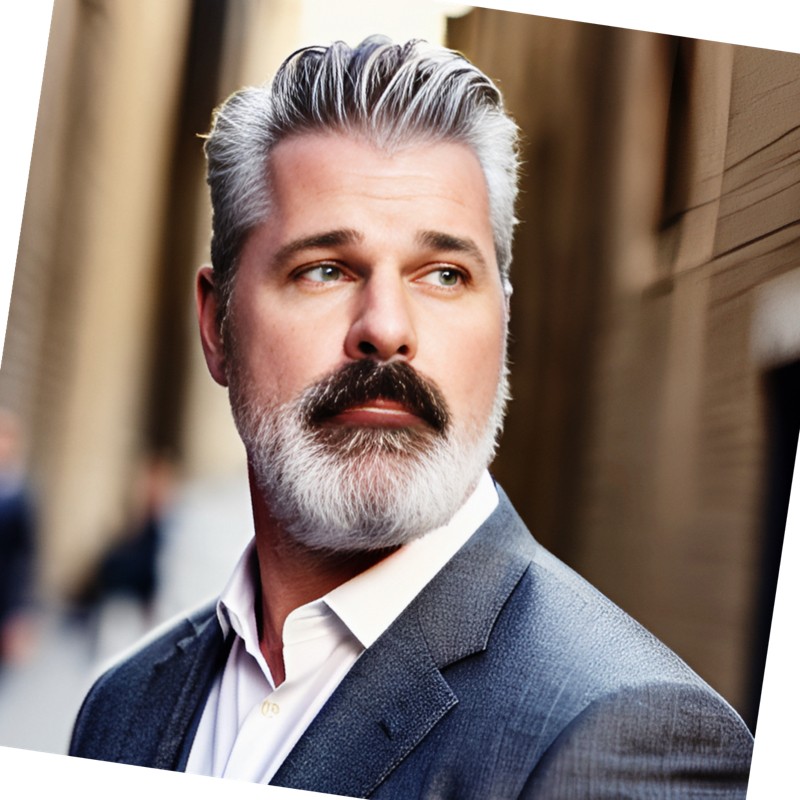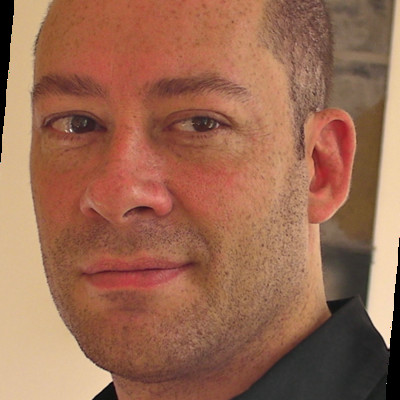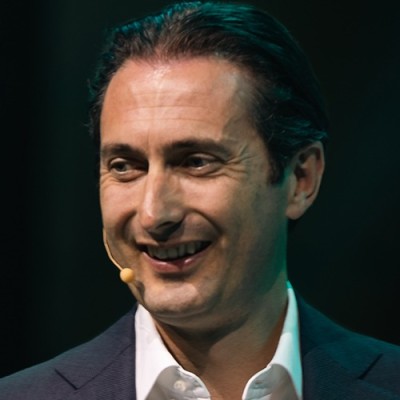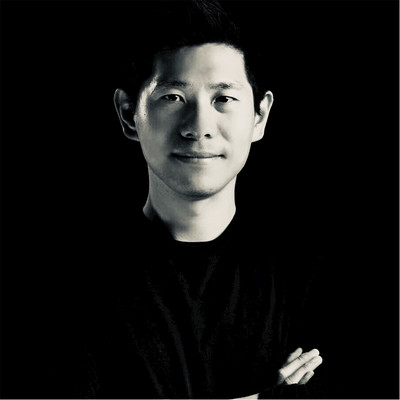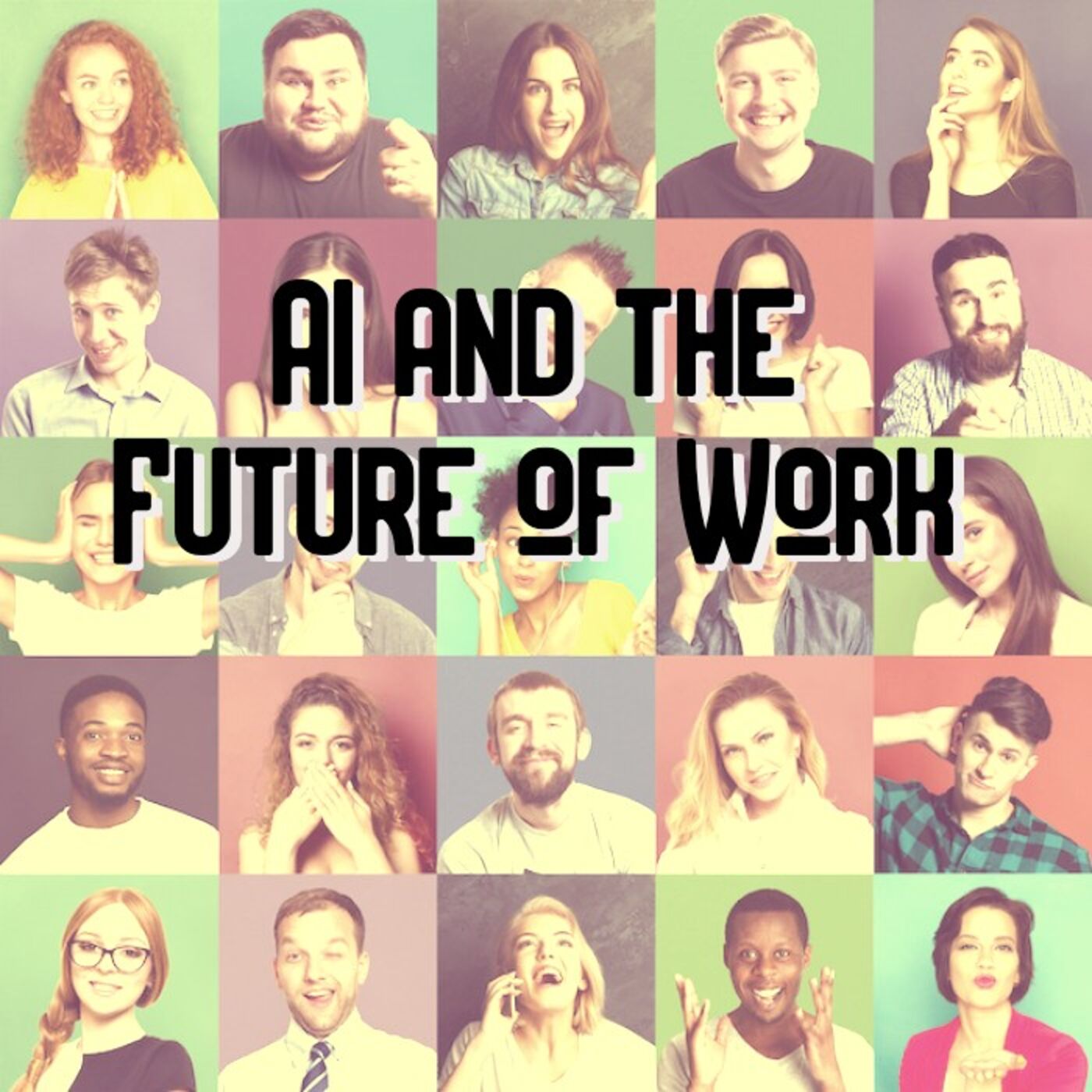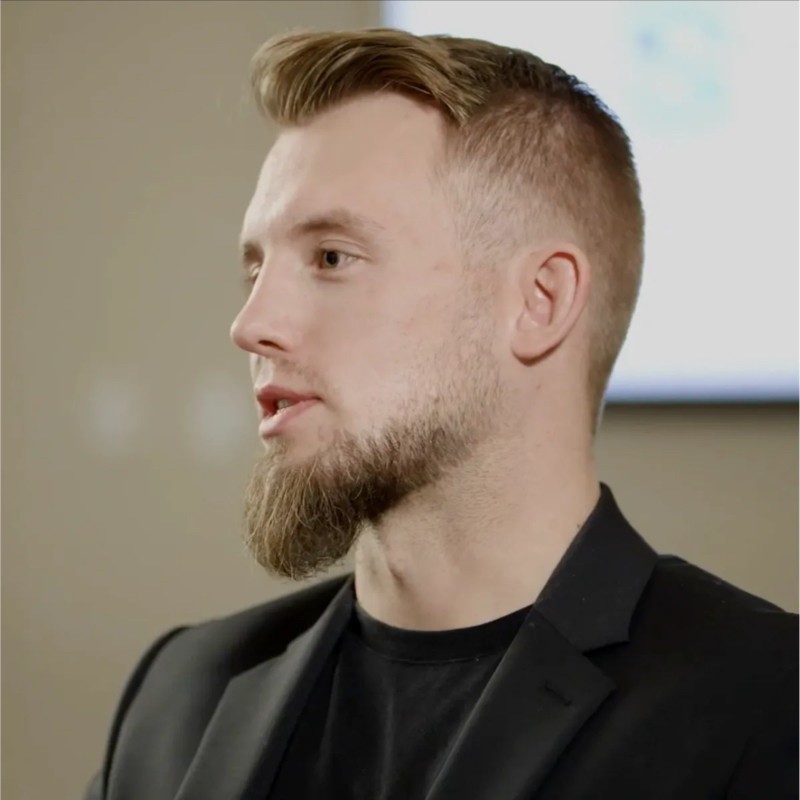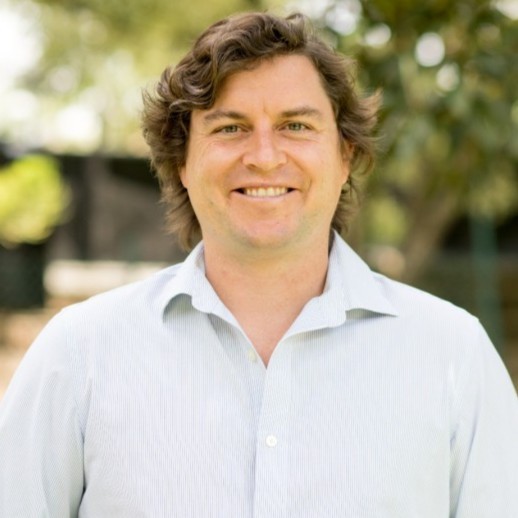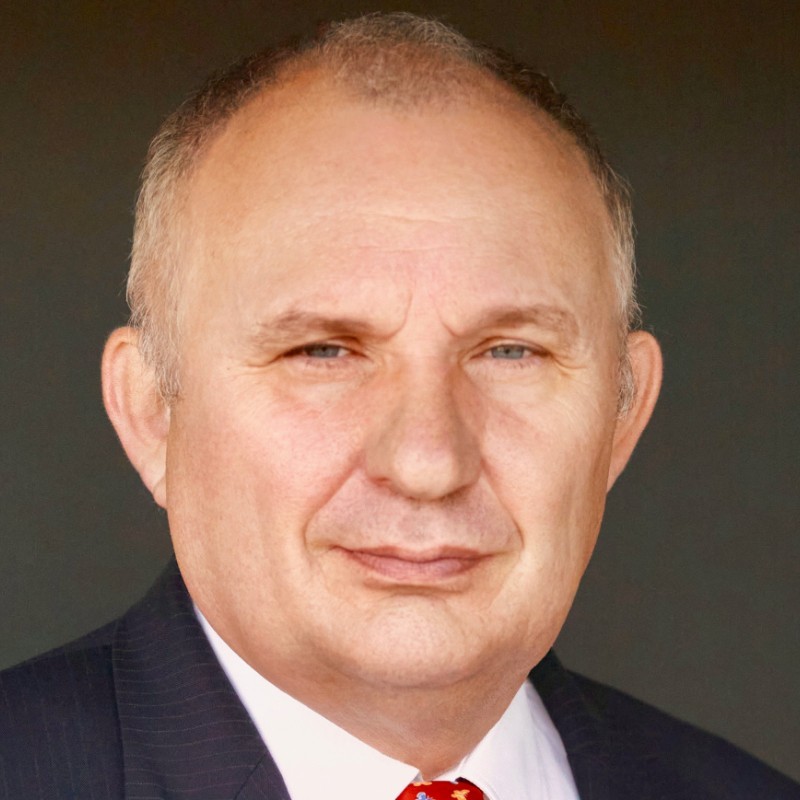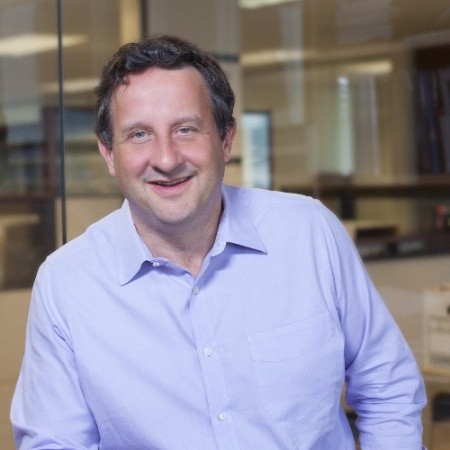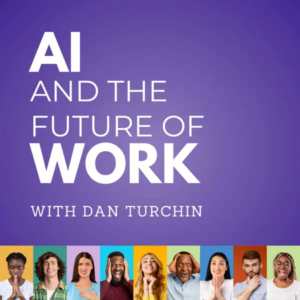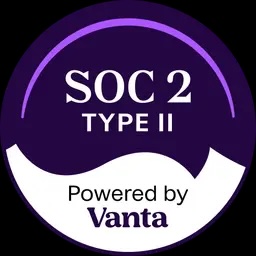AI and the Future of Work
-

Episode Number : 76
Dion Hinchcliffe has been reporting on and prognosticating about the future of work for more than 20 years. He speaks with 100s of global CIOs annually about how to use technology to deliver great employee experiences. In this discussion, Dion shares mind-boggling stats about IT spending patterns and provocative thoughts about how to fix what’s broken in the workplace.
Show moreShow lessListen and learn…
- The real definition of “digital transformation”
- Why CIOs have the shortest tenure in the C-suite
- Who spends more on IT… than IT!
- What % of IT budgets go to innovation… and why that number is pathetically low.
- How the technology in your pocket will be very different in a decade.
Resources mentioned in this episode:
-

Episode Number : 75
John Whaley has been programming since age five. He has been a lecturer at Stanford in Computer Science, a founding CTO, and a founding CEO. John raised a large series A in 2017 and has sold two companies. Oh, and he’s out to save the world from passwords. UnifyID is a pioneer in the use of biometric data stored on mobile devices to authenticate users.
Show moreShow lessListen and learn…
- How John’s personal journey led to the founding and successful acquisition of UnifyID by Prove.
- About the ethical implications of giving Big Tech access to your biometric data.
- Why “being yourself should provide enough information to uniquely identify you.”
- What John means when he says “data isn’t the new oil… it’s the new kryptonite.”
- John’s bold prediction for when passwords will no longer be the predominant form of authentication (spoiler alert: it’s sooner than you think).
Thanks to Vinay Prabhu for the introduction to John.
-

Episode Number : 74
Filip Dousek is a successful entrepreneur having sold his last company to Workday. He’s also the author of Flock Without Birds, a two-part novel that challenges how the whole relates to its parts. Stories, Filip’s company, is solving the problem of extracting insights about people from massive datasets to be able to answer questions about diversity, organizational behavior, and skills gaps. He also discusses the challenges of growing a startup in Prague.
Show moreShow lessListen and learn…
- Why enterprises don’t use the data they generate to make better decisions
- The hard technical challenge of extracting insights about people and teams from large datasets
- What it means to “look at data through the prism of graphs and relationships”
- Why founding Stories in Prague created an opportunity for talent arbitrage
- About our defensible advantages as humans vs. AI
Referenced in this episode:
-

Episode Number : 73
Show lessListen and learn…
- Why there’s still room to disrupt in the crowded ServiceNow partner ecosystem
- How Thirdera works with clients to define their innovation agenda
- What Jason means by “being e-lingual is as important as being bilingual”
- Why “we’re in the early innings of cloud… and we haven’t even dressed for the field yet in AI.”
Oh, and listen to our discussion with Marc Talluto from 2019 for insight into the story behind Thirdera.
-

Episode Number : 72
Tiernan Ray is an accomplished journalist who has written extensively for publications like ZDNet, the New York Times, Barron’s, CNN Money, Fortune, and Bloomberg. He famously launched coverage of machine learning for Barron’s back in 2015 with a cover story called “The Cloud Chip”.
Show moreShow lessIn this wide-ranging discussion, Tiernan shares how the principles of ethics should be applied to AI based on his thorough analysis of current research.
Listen and learn…
- Why the field of AI ethics requires “those with authority to also have responsibility” for outcomes.
- How to instrument explainability into automated decisions made by algorithms and why explainability is like the paradox of Schrodinger’s cat.
- How AI ethics is challenging because we’re reducing topics like justice and fairness to algorithms whose behavior is dictated by objective functions.
- What Tiernan means when he says AI regulators can’t be trusted to “grade their own homework”.
- Why your personal data may soon be managed on a blockchain as a new layer of the traditional OSI stack.
Resources referenced in this episode…
- Tiernan’s treatise on ethical AI… and its companion piece
- The Technology Letter
- Fiddler.ai
-

Episode Number : 71
Bryan Talebi learned the value of education after fleeing Iran and living in a Turkish refugee camp. He worked for NASA at age 16 and, after helping lead many successful startups, started Ahura to disrupt the education system “which hasn’t changed in 150 years”. Bryan realized the millions of workers being displaced by automation need a way to more rapidly prepare for careers in the labor market of the future.
Show moreShow lessListen and learn…
- What skills are required to succeed in the new labor market
- What impact a single robot can have on an entire factory of skilled laborers
- How biometric data can be used to optimize the learning process
- What employers are doing to up-skill rather than replace current employees
- Why “AQ” is replacing IQ and EQ as the way to find 10x talent
Contact Bryan and Ahura AI for more information:
-

Episode Number : 70
Milin Desai was an executive at VMware before taking the CEO role at Sentry last year. Since then, he led a $60M funding round that valued the company at $1B. An exceptional group of investors including Accel and NEA as well as new investor BOND participated. In this discussion with Dan Turchin, Milin openly shares the challenges of growing a startup and where there’s room for innovation in the crowded monitoring space.
Show moreShow lessListen and learn…
- What all other monitoring vendors are missing that created an opportunity for Sentry
- What Sentry does better than the legacy APM vendors
- The dirty secret of DevOps
- Why NoOps won’t replace DevOps any time soon
- The one non-technical skill that has helped Milin most in his career
Thanks to Banjot Chanana for the introduction to Milin!
-

Episode Number : 69
Slater Victoroff is a machine learning expert and science fiction writer who is never shy when sharing opinions about AI and the future of technology. His passion for giving unstructured content meaning led to the founding and success of Indico. The company has since raised $36M from an impressive set of investors including Jump Capital and Sandbox Ventures. In this discussion, hear how Slater went from dorm room programmer to entrepreneur.
Show moreShow lessListen and learn…
- How Indico was launched by pineapple and onion pizza consumed from 5:00 PM to 5:00 AM on Sunday nights.
- What it was like to found the company as CEO then later hire a replacement to become CTO.
- How Slater defends his 2012 comment that “the war is over… deep learning lost.”
- How NLP is being used to unlock value trapped in unstructured data.
- Why every knowledge worker “needs a bionic arm”.
- Why Slater says AGI, artificial general intelligence, doesn’t exist as a concept.
Follow Slater @sl8rv on Twitter.
-

Episode Number : 68
A first on the show this week… we meet a guest whose digital twin has its own YouTube channel. Dr. Mark van Rijmenam is a futurist, best-selling author, and entrepreneur. He is a popular keynote speaker about issues related to how we co-exist with technology in an increasingly digital world.
Show moreShow lessListen and learn….
- Why it is we’re living in “exponential times”
- How future societies will be organized by “digitalism” instead of “liberalism” based on who can access and control data
- Why blockchains as a technology are currently about at the maturity level of the internet in 1997
- What Dr. Mark means when he says “…be prepared to reinvent yourself every five to ten years”
Resources mentioned in the episode:
- The Future is Faster Than You Think by Peter Diamandis
- Coded Bias, the documentary
- Weapons of Math Destruction by Cathy O’Neil
- Charlene Li on AI and the Future of Work
- Bill Davidow on AI and the Future of Work
-

Episode Number : 67
Zi Wang, Timeless founder and CEO, learned a lot at Google in eight and a half years. Enough that he was inspired to turn his Google-esque bold vision for the future of time management into a company. Timeless isn’t solving the calendar app problem – Zi and his team are solving the problem of how to get the most out of what little time we have.
Show moreShow lessListen and learn…
- The founding vision of Timeless
- About the future of time management
- The value of a “marketplace for time”
- Why data privacy is a 21st century human right
- How time graphs will be used to optimize your calendar
Resources mentioned on the show:
-

Episode Number : 66
Most of us won’t learn as much in a career about DevOps as Banjot Chanana forgets in an afternoon. Having built teams and products that have given rise to DevOps over a 20-year career as a product leader, Banjot is qualified to have strong opinions about the right ways to develop and deploy software. The best part? He’s as enthusiastic as ever about what’s ahead.
Show moreShow lessListen and learn…
- Where there are opportunities to innovate in and around DevOps.
- Where VMs failed and created an opportunity for containers.
- What ephemeral infrastructure means for the future of CI/CD.
- What attributes are common across companies with great product cultures.
Companies and projects referenced:
-

Episode Number : 65
It’s tough being entrepreneurs in Belgium and Italy. Our appetite for risk and access to capital in the U.S. is an unfair advantage. Ciro and Jacopo moved to Silicon Valley to pursue their dream and, in the process, learned why entrepreneurship is a full-contact sport. Their journey from MIT to startup to successful exit is a classic tale of grit and determination.
Show moreShow lessListen and learn…
- What’s unique about Silicon Valley for founders.
- How to turn a technology into a product.
- What distinguishes human cognition from machine intelligence.
- Why NLP is so hard.
- How product interfaces can introduce bias.
- What we can (and can’t) expect from AI.
People and organizations mentioned:
-

Episode Number : 64
Kordel France taught himself to code to automate his Calculus homework. He was inspired by seeing robot tractors on the family farm. Not the conventional background for a high-tech CEO. Kordel and Seekar have turned a passion for AI and machine learning into novel applications in fields as diverse as medicine, law, and professional sports. The best parts of this conversation are when Kordel describes what it means to practice responsible AI. A heads up for investor-types: Seekar is a hot company in a hot space and will soon be raising a series A. Contact Kordel for details.
Show moreShow lessListen and learn…
- How to instrument explainability into AI algorithms and create a culture where algorithm developers are required to explain how their algorithms work
- Best practices for monitoring AI model accuracy to know when re-training is required
- The challenges and opportunities of putting AI models at the edge of the network
- How AI is making radiologists better at detecting medical conditions like COVID… and why AI won’t replace human experts any time soon
Episodes and companies mentioned:
- Philippe Cases, Topic Networks CEO, on AI and the Future of Work
- Deryk van Brunt, CredibleMind CEO, on AI and the Future of Work
- Seekar Technologies
-

Episode Number : 63
Rishon Blumberg and Michael Solomon, authors of Game Changer: How to be 10x in the Talent Economy, discuss AI, freelancers, and what it takes to be 10x better at everything
Show moreShow lessThey’ve since published the popular book Game Changer: How to be 10x in the Talent Economy and have been busy helping the tech community find gigs.
Listen and learn…
- What it takes to be 10x better at everything.
- The unique personal attributes that separate “10xers” from everyone else.
- What the guys learned managing Bruce Springsteen.
- How one 10xer changed the world…starting with energy bars.
- Why managing rock stars is a lot like managing tech talent.
- The guys advice for entrepreneurs: “…when hustling fails grit is what gets you back to hustling again.”
References in the show:
-

Episode Number : 62
This week’s guest has been called “America’s Best Leader” by U.S. News and “The Entrepreneur Whisperer” by ABC, Fox, and NPR. Linda Rottenberg is the Co-founder and CEO of Endeavor, the world’s leading community of high-impact entrepreneurs. She’s also an accomplished author, speaker, investor, and mentor for global entrepreneurs. Linda’s a mom of twins, a compassionate leader, and a force of nature having overseen the creation of more than four million jobs and 27 billion in revenue from Endeavor companies.
Show moreShow lessListen and learn:
- About inspirational entrepreneurs like Wences Casare from Argentina and Vu Van from Vietnam.
- Why “…chaos is the friend of the entrepreneur.”
- Why “…the days when we thought entrepreneurs were boys in hoodies in Silicon Valley will soon be an ancient relic.”
- How personal tragedy made Linda a better leader.
- About Linda’s advice to a younger version of herself: “be less super and more human.”
- Why you should take the #MindsetChallenge from Endeavor and Masters of Scale.
Entrepreneurs and companies mentioned in the episode:
-

Episode Number : 61
Denis Jacquet is concerned that automation is causing traditional jobs to mutate… and governments around the world are mismanaging the opportunity to prepare citizens for the new labor market. He has written extensively on how regulation is stifling innovation. Denis is a serial entrepreneur having started and sold multiple successful companies including EduFactory in the e-learning space. He’s also an accomplished author and frequent TV and radio contributor in France on the future labor market.
Show moreShow lessListen and learn…
- Why many events will remain virtual long after the pandemic… even though humans have a fundamental need for direct contact.
- What Europe can learn from countries like Israel and Korea about how to embrace innovation to stimulate company creation.
- Why companies like FoxConn are preparing to replace a million low-paying jobs with robots in the next decade.
- Why so many entrepreneurs sacrifice family for career.
Thanks to Philippe Cases, Topio Networks CEO, for the introduction to Denis.
References in this episode:
-

Episode Number : 60
Joe Rehmann went from investment banking to fish farming. His passion for solving the protein problem in Eastern Africa led to one of the most successful aquaculture farms in the world.
Show moreShow lessJoe’s story should inspire entrepreneurs everywhere. No problem is too big to solve. Technology we take for granted can be used in ways we can’t imagine… until leaders like Joe redefine what’s possible.
Listen and learn…
- What inspired Joe to start Victory Farms
- How Victory Farms used mobile phones to solve the tilapia cold chain problem
- What the western world doesn’t understand about building a business in Kenya
- How fish guts and market ladies may be part of the next great technology success story
Companies and organizations mentioned on the show:
- Endeavor, the world’s leading community of high-impact entrepreneurs
- Victory Farms
-

Episode Number : 59
Philippe Cases has been an entrepreneur and investor in Silicon Valley for more than 25 years. Most recently, he founded Topio Networks to automate the process of generating business insights in tech markets like edge computing, IoT, and blockchain. Philippe has strong opinions about everything from autonomous driving to augmented reality and is paid to influence how they evolve.
Show moreShow lessListen and learn…
- How an engineer growing up in France and Germany came to be a Silicon Valley success story.
- Why we may never “fully automate the process of generating business insights”.
- What technology is limiting mainstream use of edge computing for AI tasks.
- Of truck drivers, stock brokers, and real estate agents, which will be made obsolete first by AI.
- What needs to change about Silicon Valley.
Also mentioned on the show:
- Accelerators including YC and Alchemist
- Waymo and Mobileye for autonomous driving
- TinyML low-power machine learning for edge computing
Thanks to Erin McMahon for the introduction to Philippe!
-

Episode Number : 58
Tim Crawford, accomplished CIO, CIO advisor, and influencer, distinguishes transformational CIOs from the rest. For more than 20 years, he has been coaching CIOs about embracing new technologies by first identifying how they’ll solve business problems.
Show moreShow lessTim is a frequent contributor to publications like The Wall Street Journal, CIO.com, Forbes, SiliconAngle and TechTarget. Thanks to Steve Kaplan from Nutanix for the introduction.
Listen and learn…
- How three distinct types of AI help businesses in different ways
- The single biggest way AI could help employees today
- A strategy for helping CIOs adopt AI
- How and when AI should be regulated
- Which jobs are at risk of being complemented… or eliminated by AI
- Why “companies and countries will ultimately be measured based on how well they leverage technology and data”
Episodes and podcasts mentioned on the show:
-

Episode Number : 57
Rory O’Driscoll has been investing in startups since founding Scale Venture Partners 27 years ago.
Show moreShow lessHe and his team have invested in transcendent companies like Box, DocuSign, Omniture, Bill.com, HubSpot, and others. Listen to this one multiple times. You’ll learn something new each one.
Hear Rory’s insights on AI and venture investing…
- “The venture business is more a decision business and less an action business.”
- “The purpose of AI is to make better, more cost-effective decisions.”
- “It’s extraordinarily hard to replace people with AI.”
- “It’s hard to regulate what you don’t understand.”
- How software is eating into traditional spending on telco and banking.
- Why successful startups must pick one of three strategies: “fight, focus, or fly”
Previous episodes and companies mentioned on the podcast:
- Bill Davidow on AI and the Future of Work
- Dave Kellogg on AI and the Future of Work
- Forter
- Dialpad
- Zoom
